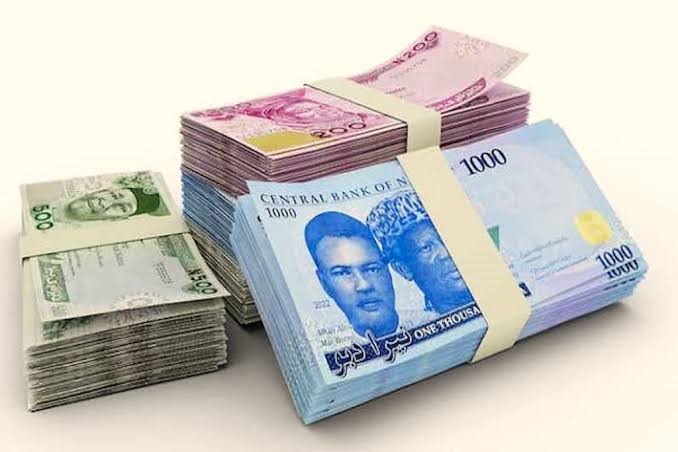Nigeria’s Trade Dynamics: A Paradox of Growth and Challenges

In 2023, Nigeria witnessed a substantial surge in total imports, soaring from N25.5tn in 2022 to N35.9tn, as revealed by data from the National Bureau of Statistics. The breakdown of these figures illustrates a progressive increase throughout the year, with the first and second quarters accounting for N6.4tn, escalating to N9tn in the third quarter, and peaking at N14tn in the fourth quarter.
Manufactured imports took the lead by volume, amounting to N18.3tn, followed by agricultural imports at N2.2tn and raw materials at N3tn. However, Nigeria managed to export goods worth N35.9tn during the same period, with crude oil dominating the export profile at N29tn, while other oil products contributed N3.5tn.
Despite the substantial export figures, challenges loom large in the agricultural and manufacturing sectors. Agricultural exports recorded N1.2tn, leaving a trade balance deficit of -N1tn, while manufactured goods exported fetched only N778bn, resulting in a staggering trade balance deficit of -N17.5tn.
Muda Yusuf, CEO of the Centre for the Promotion of Private Enterprise, attributed the significant increase in exports to naira depreciation, emphasizing that the apparent rise in dollar value might be misleading due to currency fluctuations.
This surge in exports coincides with efforts led by President Bola Tinubu to diversify the economy away from crude oil dependency. However, Nigeria’s performance in non-oil exports remains modest, as indicated by its global ranking of 52nd among nations.
Segun Ajayi-Kadir, Director-General of the Manufacturers Association of Nigeria, outlined various factors impeding export growth, including high production costs, insecurity, inadequate skilled labor, transportation expenses, forex instability, and limited access to funds.
Historically, Nigeria’s heavy reliance on the oil sector has left the economy vulnerable to fluctuations in crude oil prices, underscoring the urgency of diversification efforts.
Despite these challenges, there’s a call for optimism, albeit cautious, as highlighted by Nonye Ayeni, Executive Director of the Nigerian Export Promotion Council. Ayeni acknowledged a marginal decrease in non-oil export revenue to $4.5bn in 2023, attributing the decline to factors such as weak exchange rates, informal trade surges, political instability in neighboring countries, and export rejections.
In summary, Nigeria’s trade landscape reflects a paradox of growth amid challenges. While export figures depict progress, underlying issues such as currency fluctuations, production costs, and sectoral imbalances demand sustained efforts towards economic diversification and resilience.




